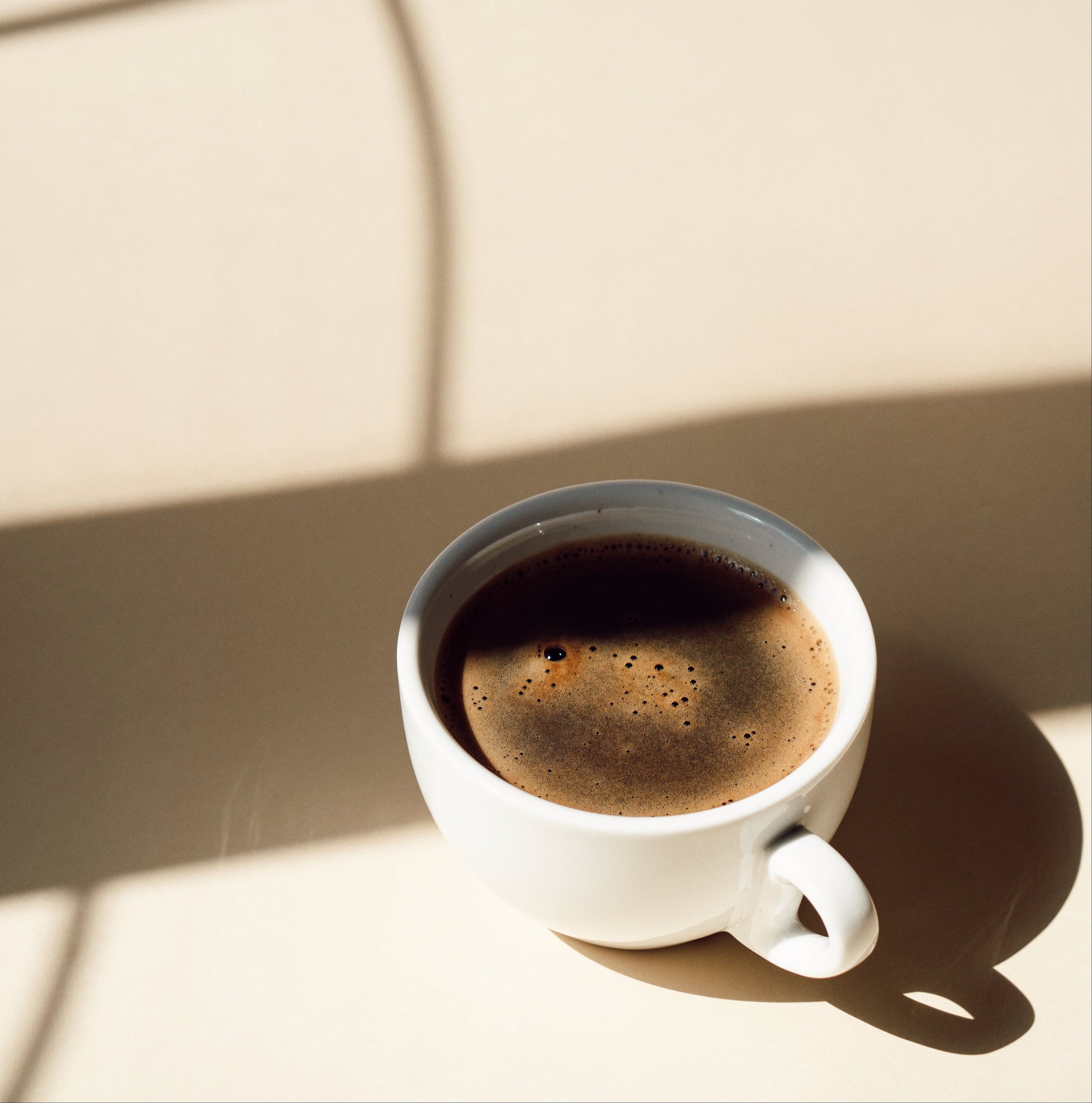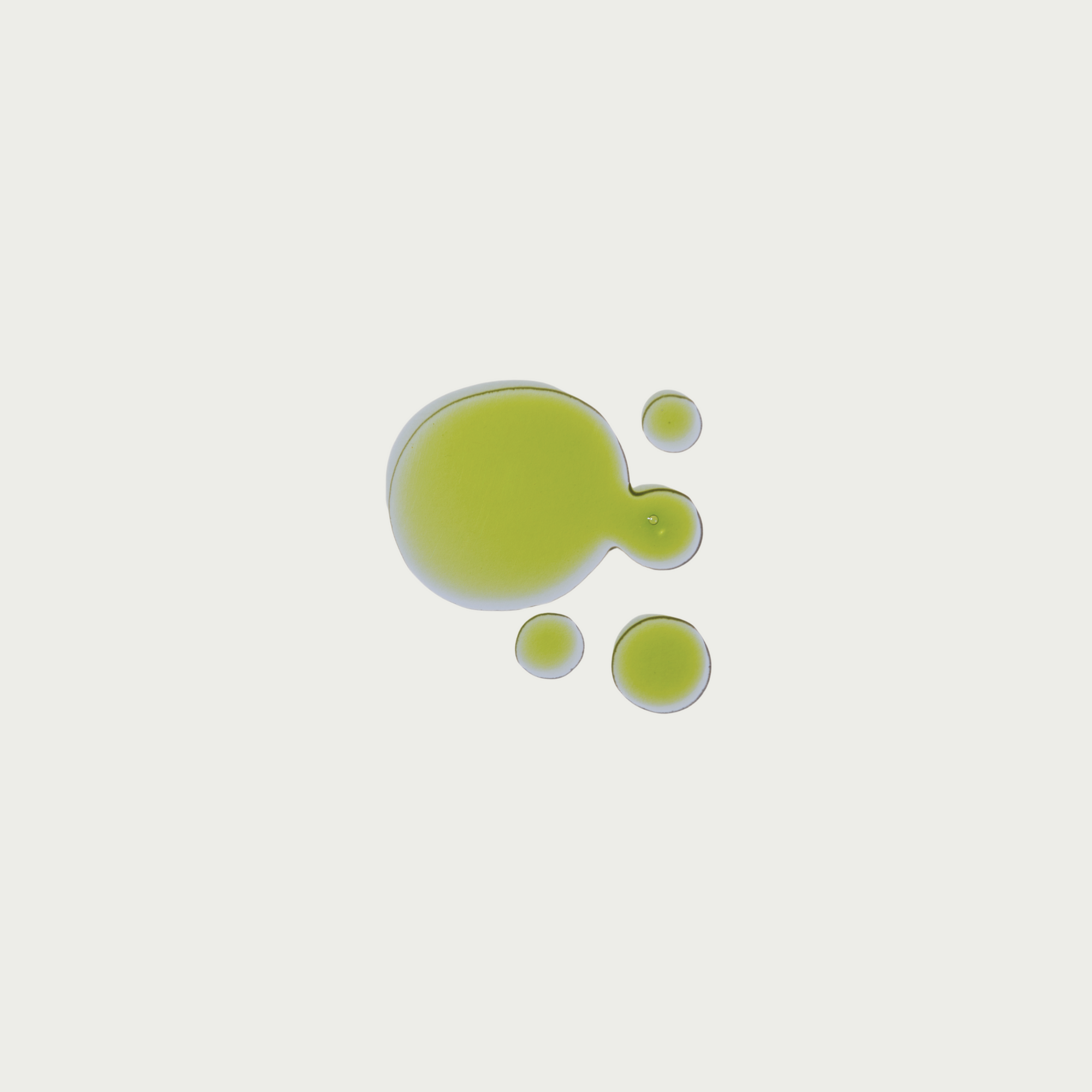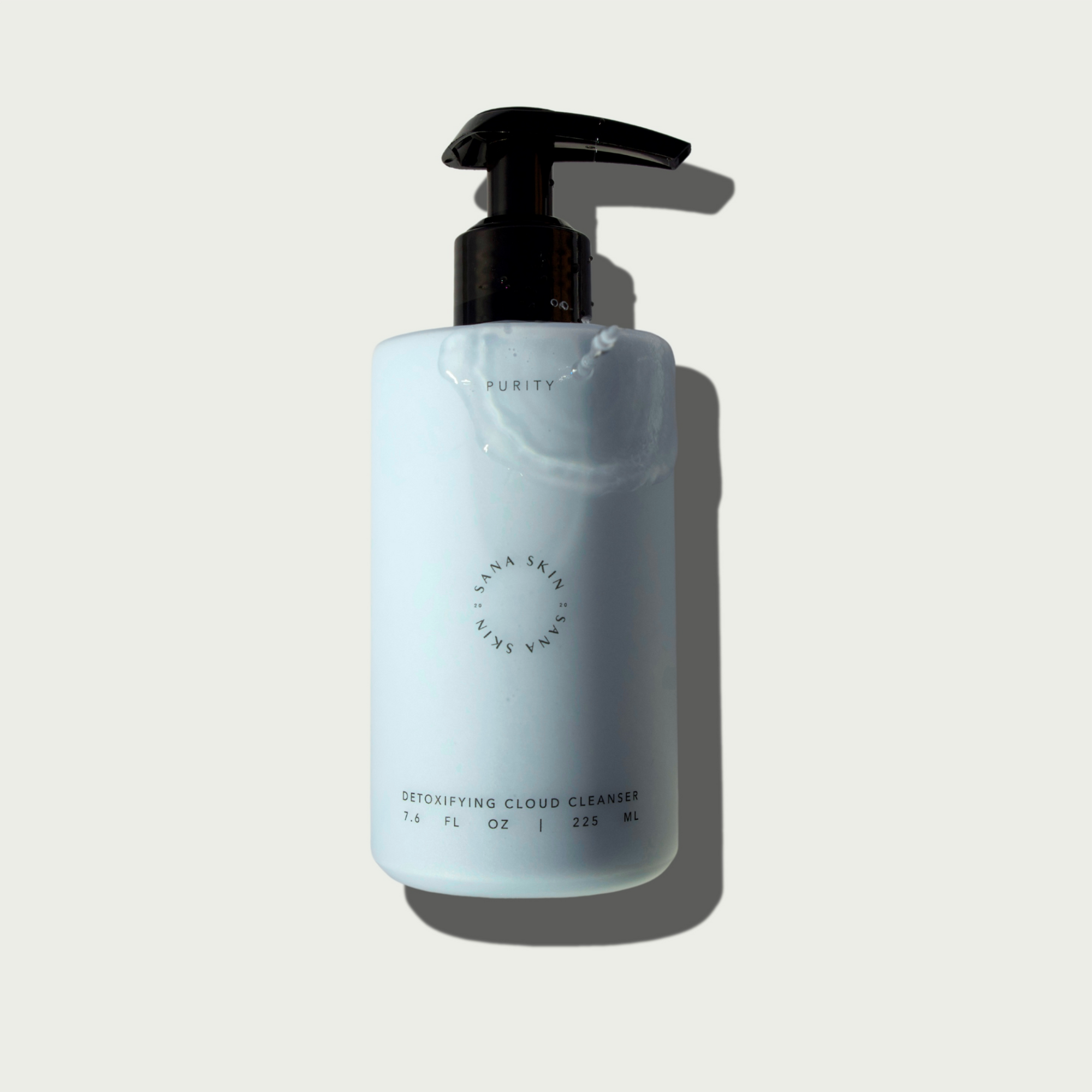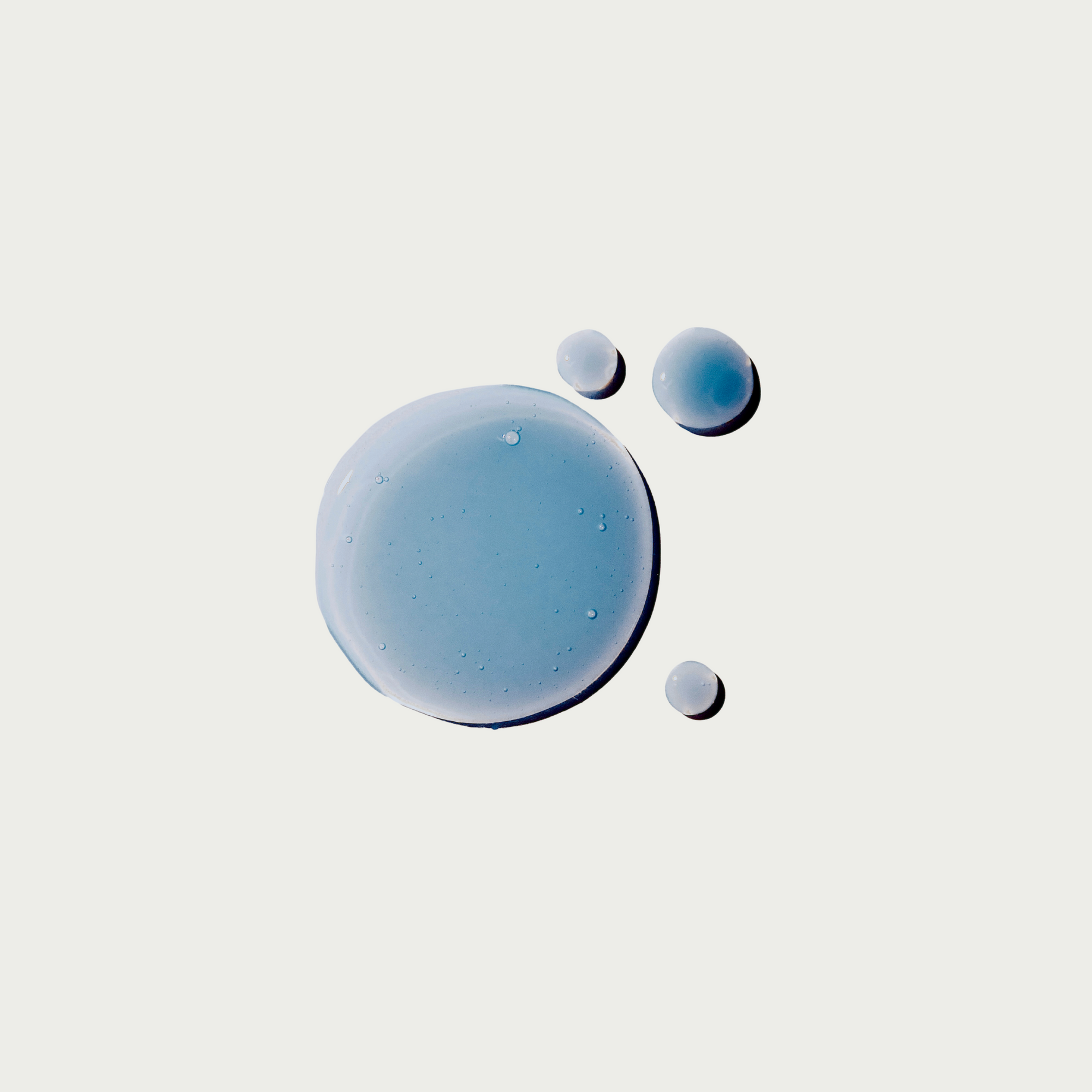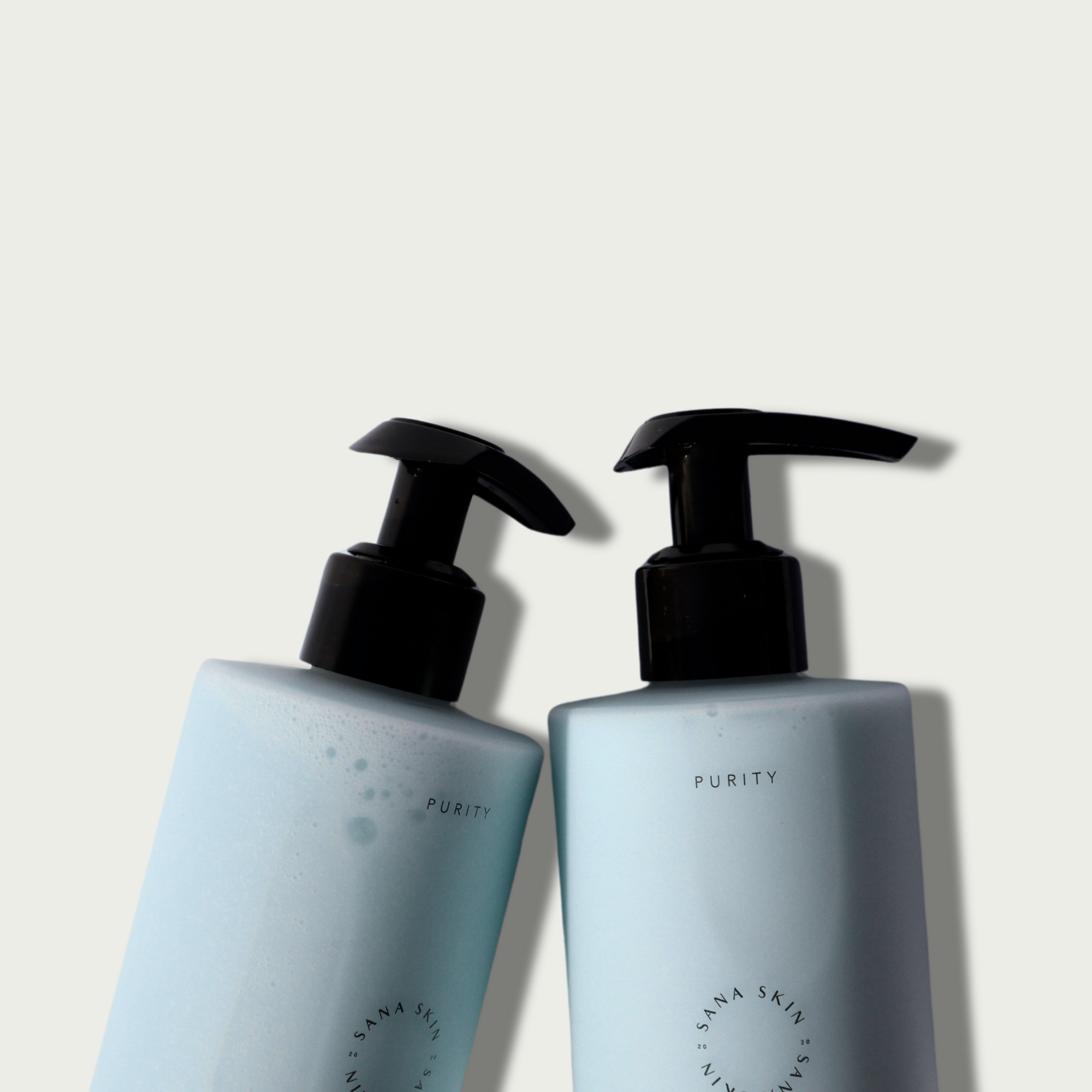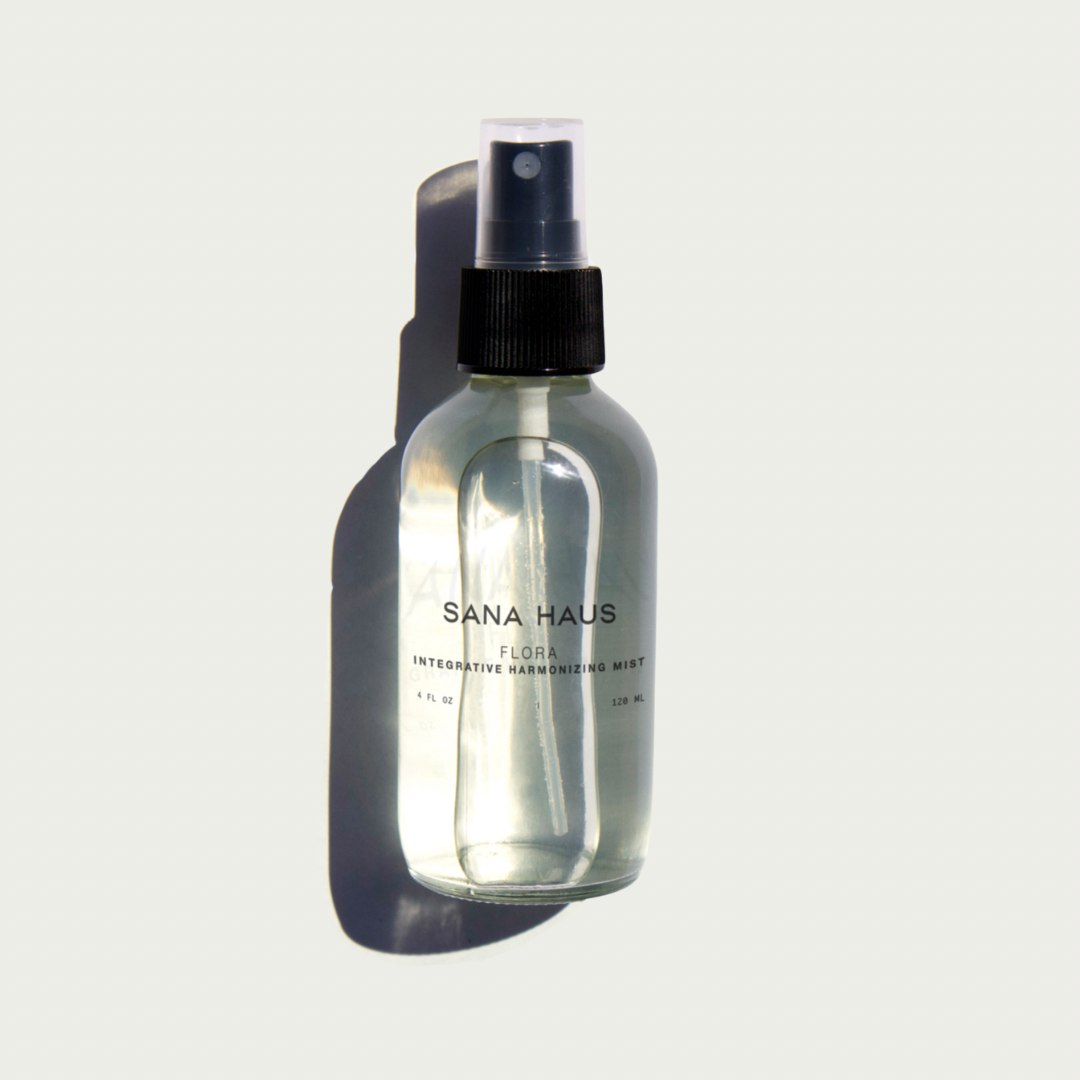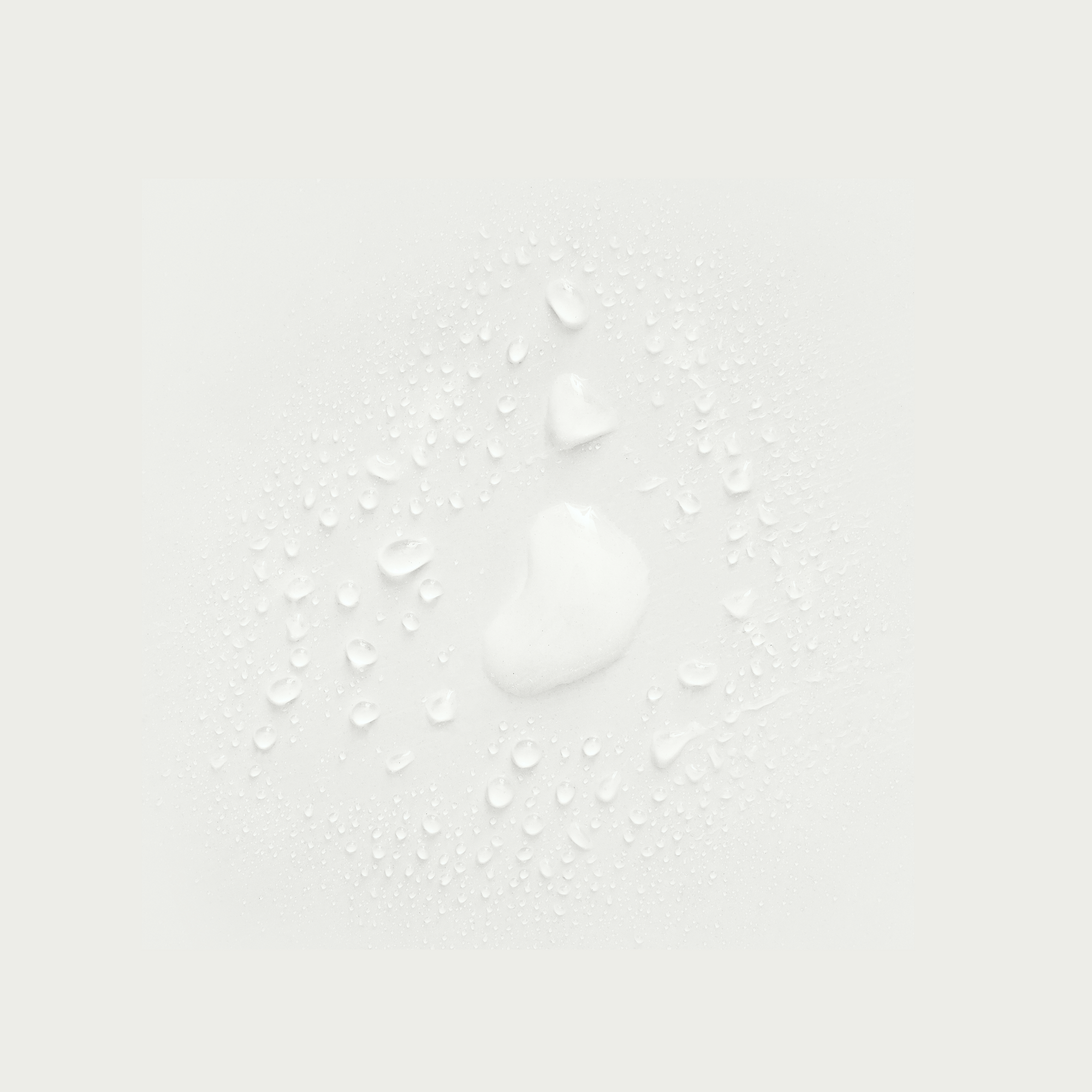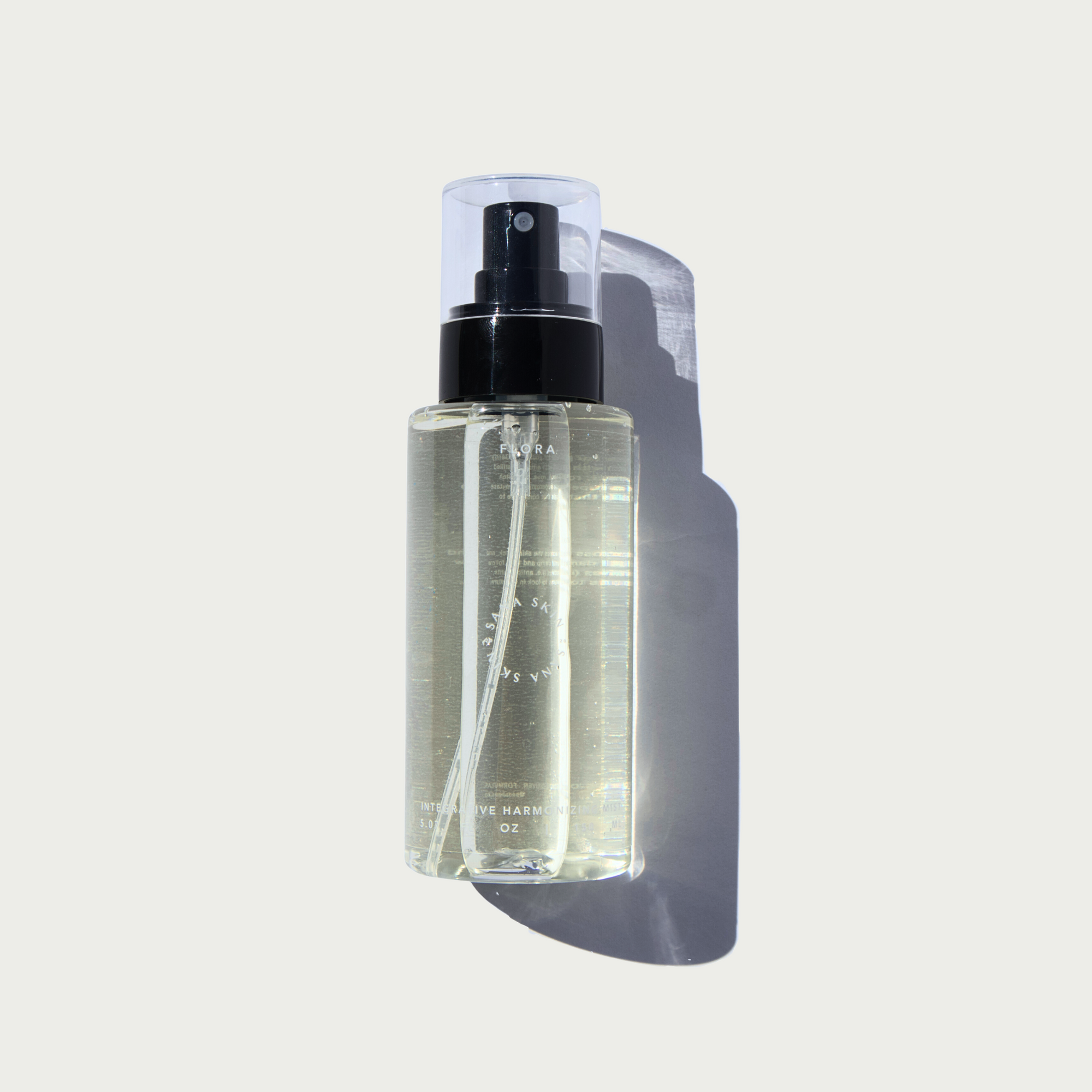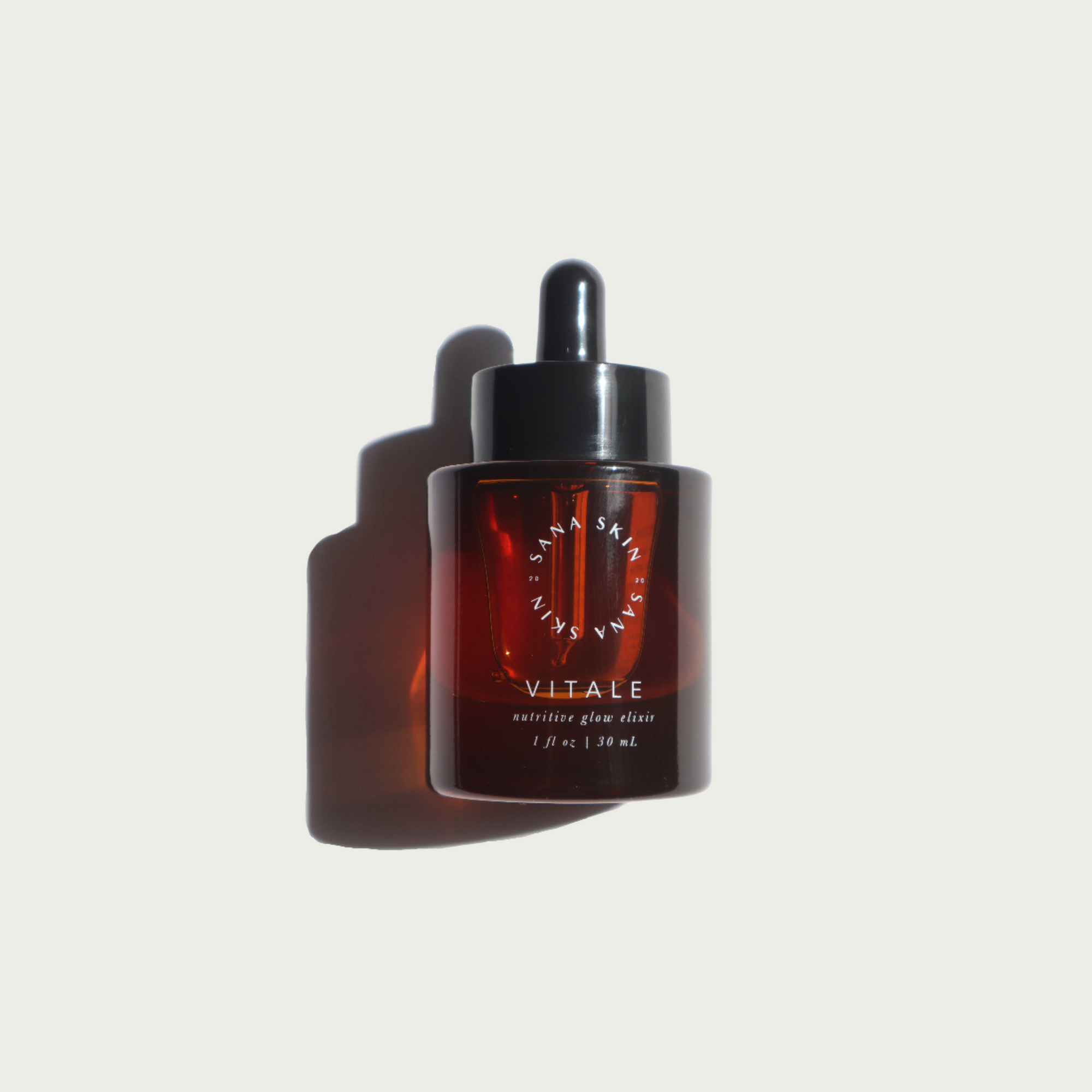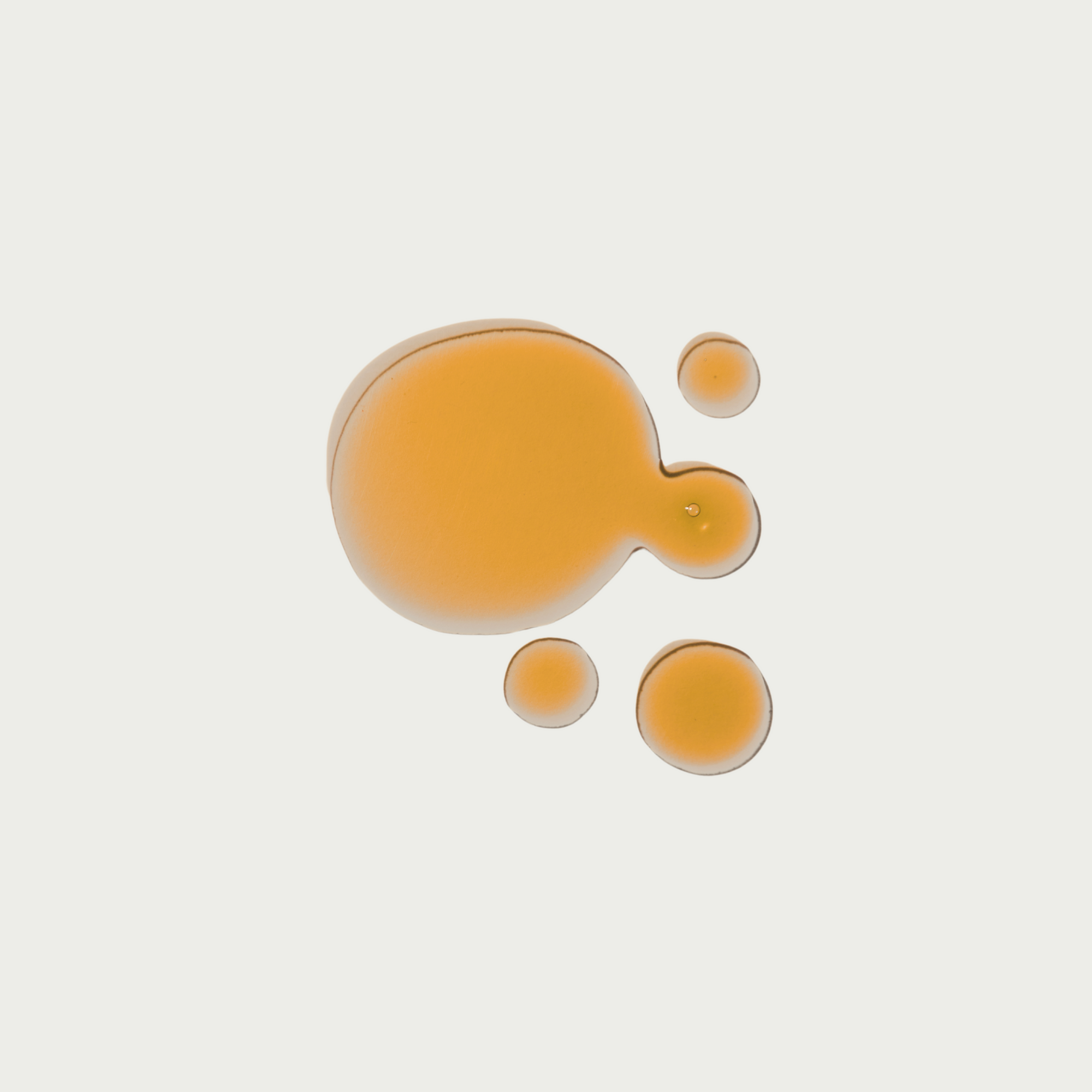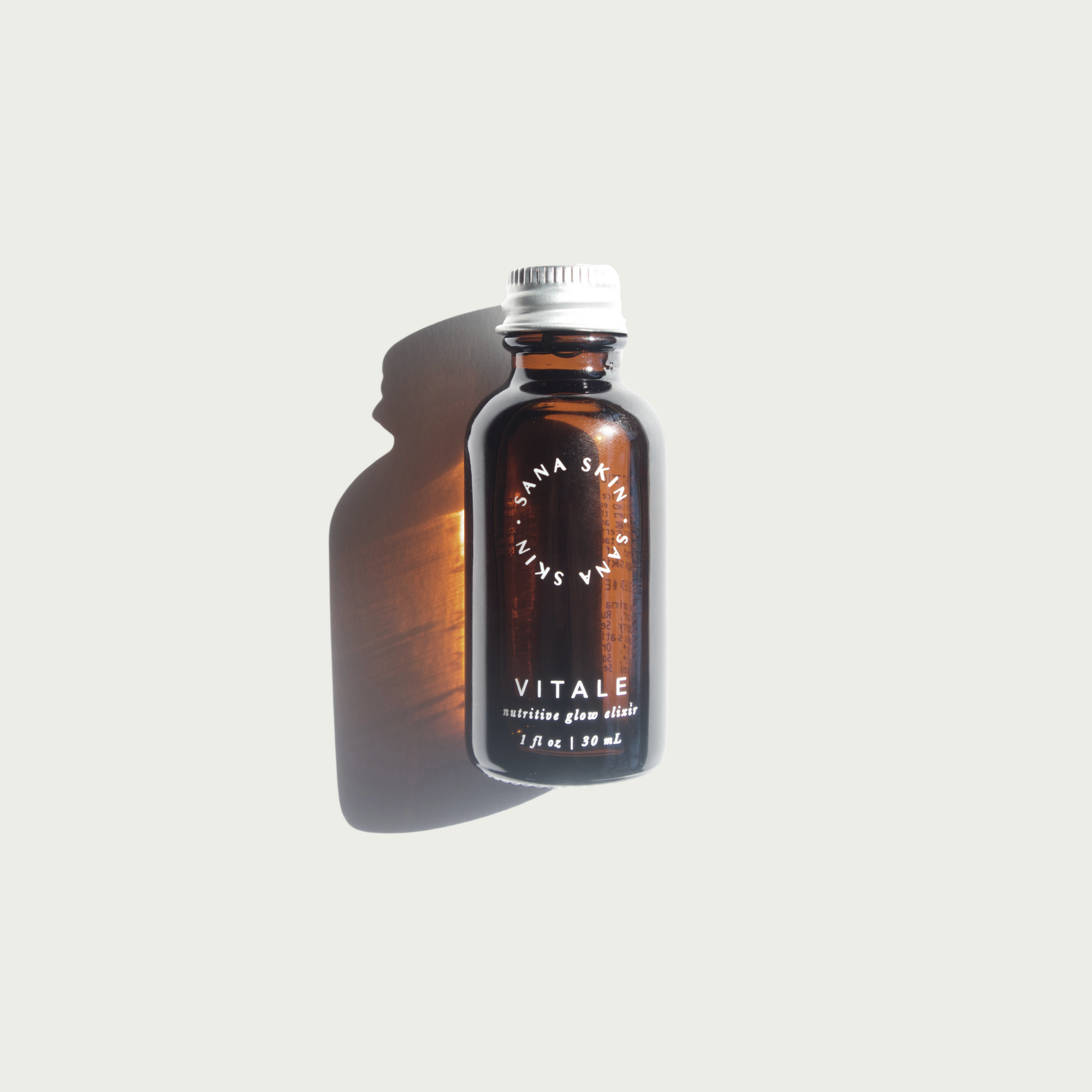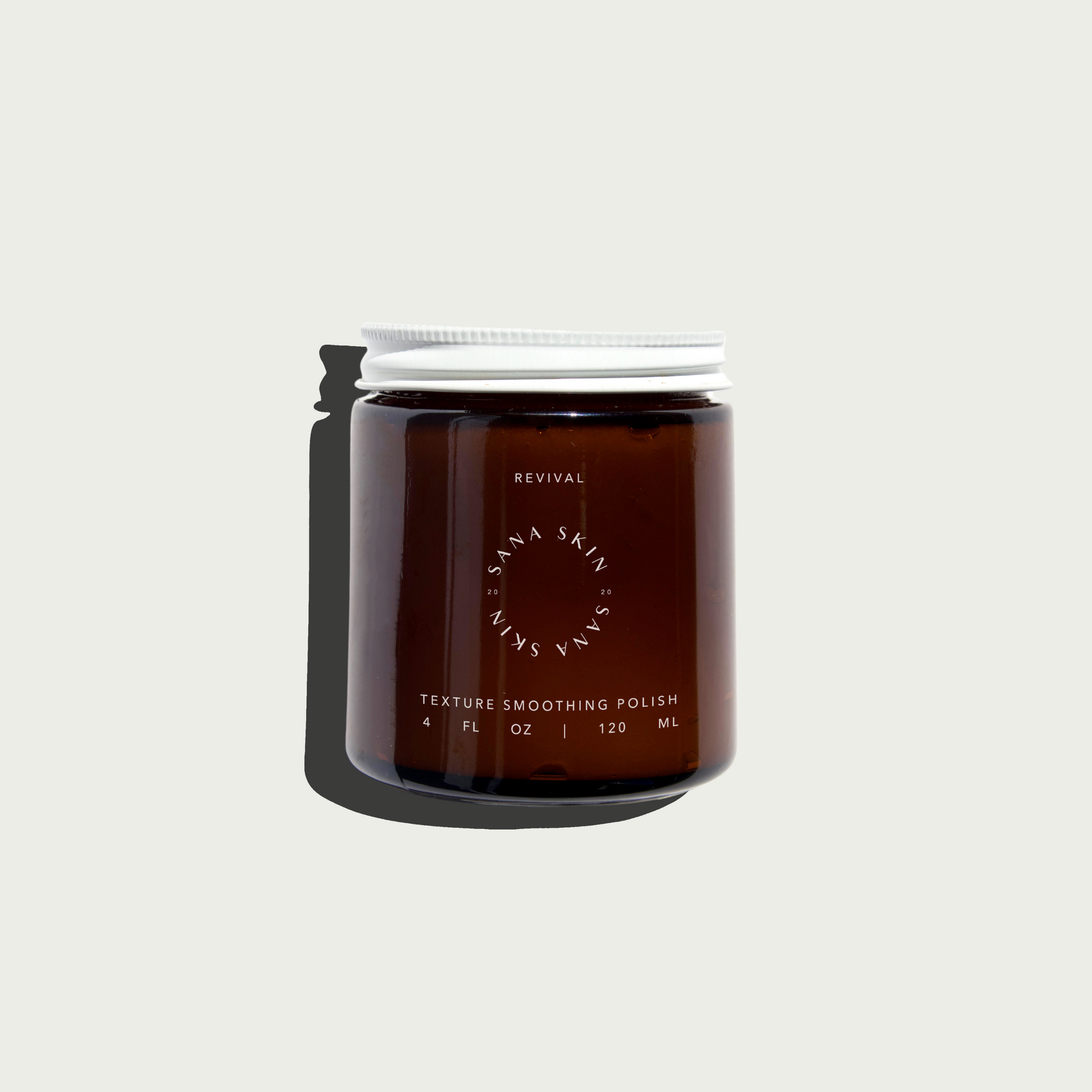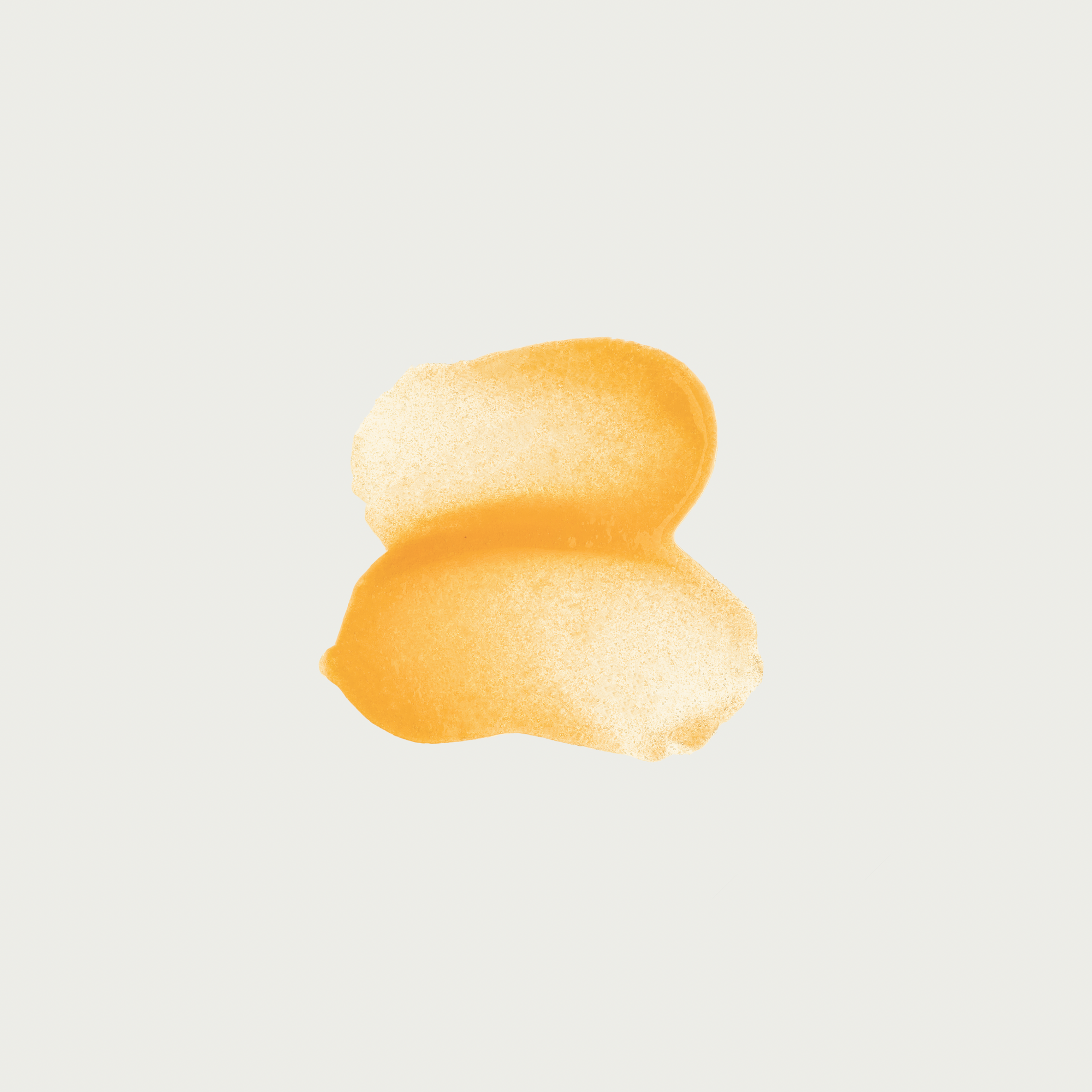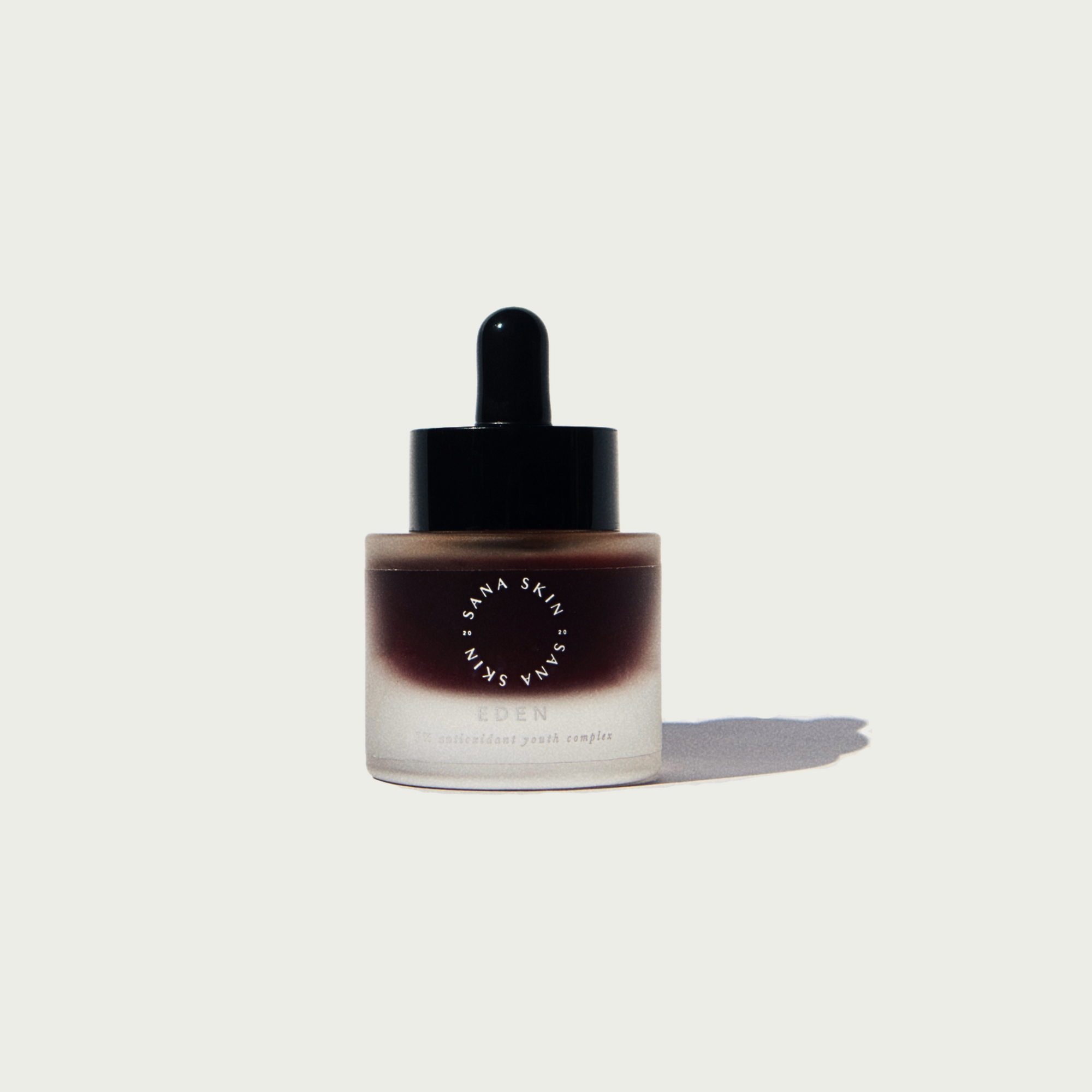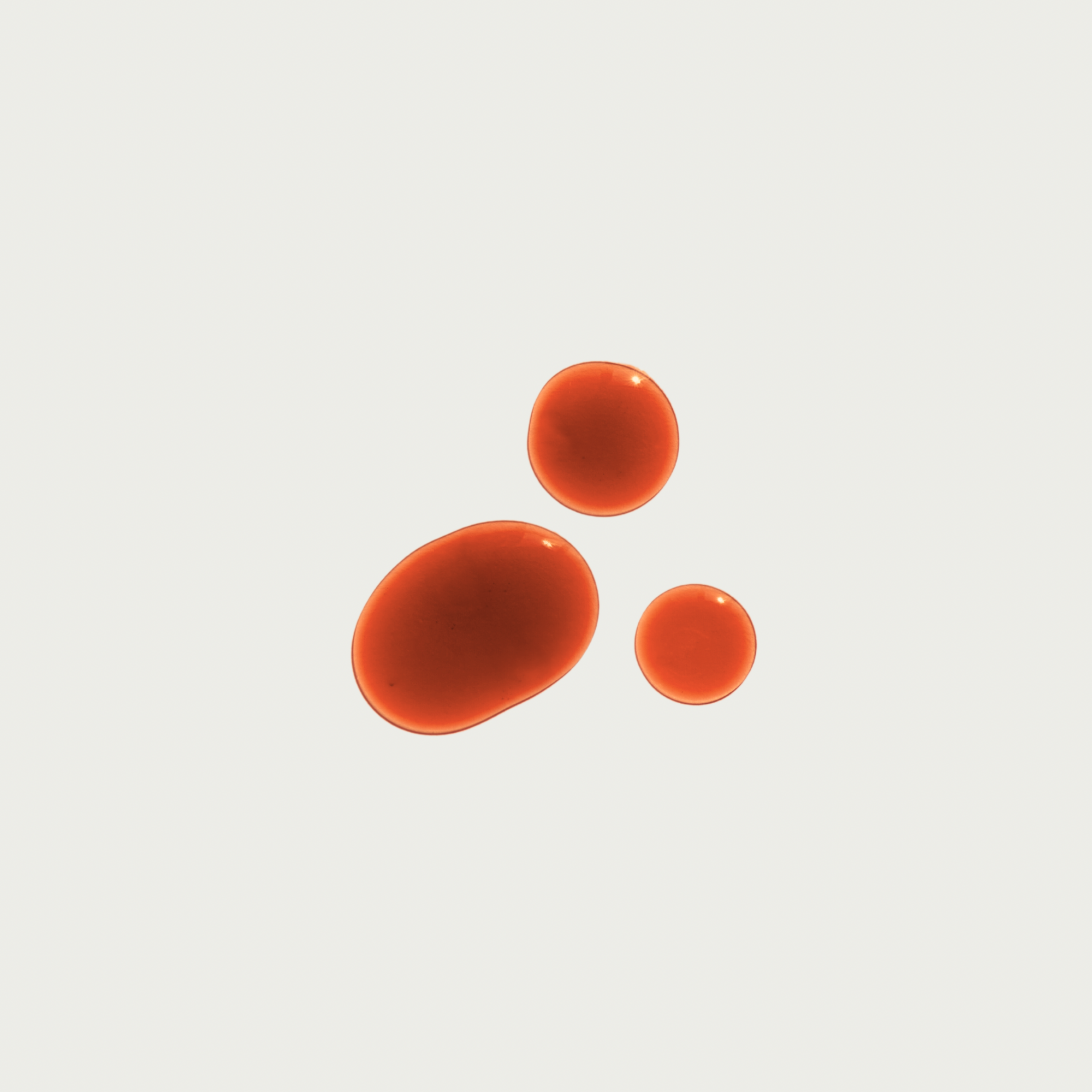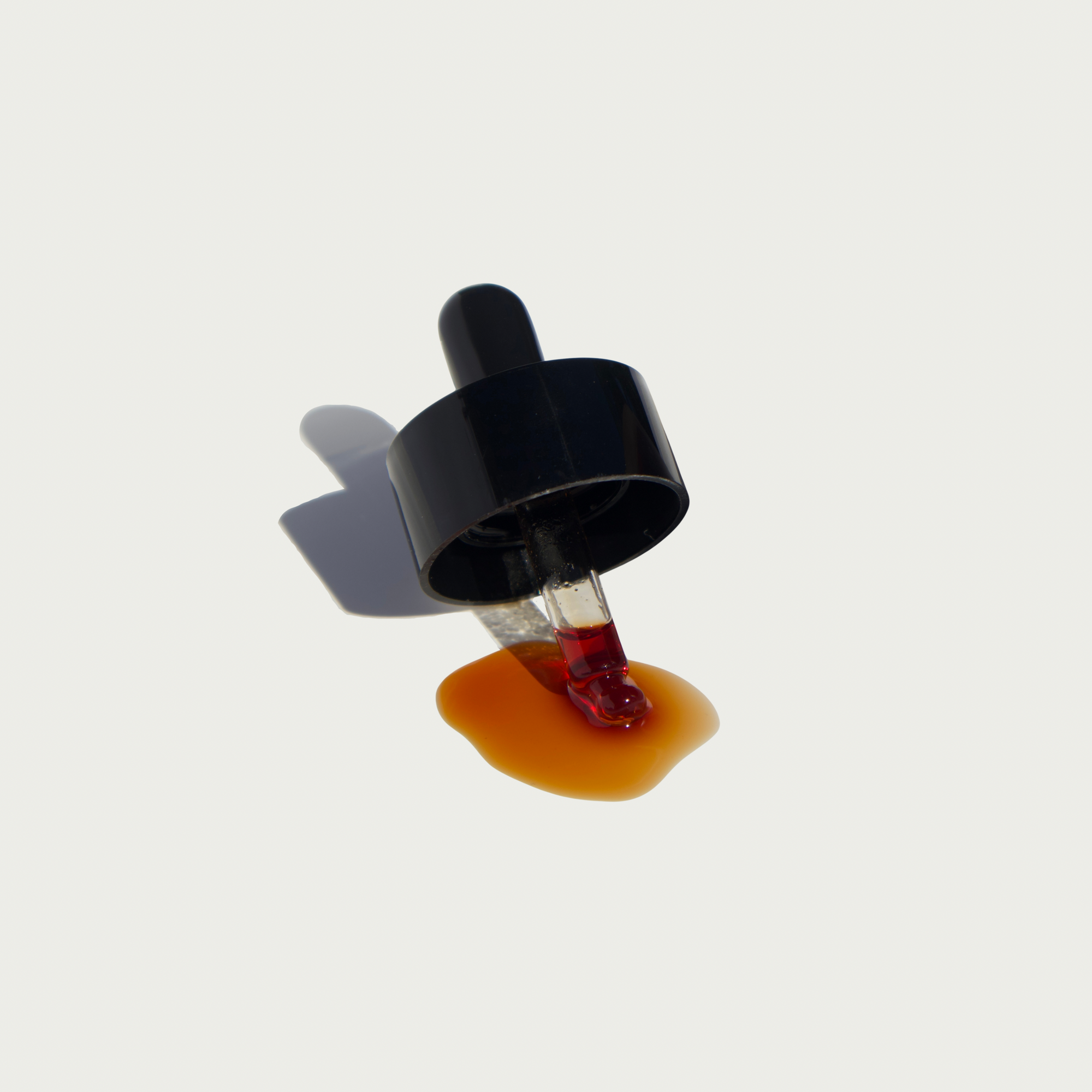By Sophia Ruiz, Founder/CEO
As an Australian-by-descent (fun fact: I have a dual citizenship to the US and Australia!), coffee is a big part of my culture. In Sydney, where I lived for a few years, there are coffee shops on pretty much every corner.
My family’s love for great coffee, passed down to me, hasn’t changed one bit since living in the US.
So, when I started my research deep-dive on my own stubborn acne (click here and here to read more about my personal journey with acne!), of course, I looked into whether coffee could be causing my breakouts. But, as I’m sure many of you can relate to, my attempt to find a connection between coffee and acne left me more confused than when I started.
And, at the end of the day, I was able to clear my cystic acne without cutting out coffee (or dairy!) using our Clarity serum and a targeted skincare regimen that has evolved as my skin’s needs have. But, I think it’s always a good idea to know when something is an acne trigger, whether said trigger is stopped in its tracks by topical products or not.
So, what is the verdict on coffee and acne?
Coffee and acne: friend or foe?
The reality is, like a lot of things, we really don’t know if coffee is bad for acne.
If you take a look around the Internet, you’ll find many who swear up and down that coffee breaks them out. Then, you’ll find others who knock back 2-3 coffees a day and have achieved clear skin in spite of it. And, of course, there are plenty of people who drink coffee and have crystal clear skin.
In my time experimenting with my own approach to diet/lifestyle and working with many different kinds of acne-prone skin, I’ve come to truly understand and appreciate the importance of individual experiences. If you cut something out and it improves your skin, that is absolutely valid – even if it’s not someone else’s experience. Just as important, your experience is valid even if research doesn’t support it (yet).
But, I think research is always a good place to start to help us make our own informed choices. Then, after experimenting with different things, we have more feedback to help us adjust and perfect a diet/lifestyle that works for us. This is kind of the approach I take with skincare, too.
And when it comes to the research on coffee and acne, things aren’t so clear.
The research on coffee and acne
In general, research actually suggests that coffee supports clearer skin.
For example, in one 2018 study of over 80,000 women, researchers found that drinking coffee was associated with a lower risk of developing rosacea. In fact, researchers even noted a dose-response effect, which essentially means that researchers were able to identify a direct relationship between the amount of caffeine consumed and a decreased risk of rosacea (read: the more caffeine consumed, the lower the chance of rosacea).
"In one 2018 study of over 80,000 women, researchers found that drinking coffee was associated with a lower risk of developing rosacea."
But, of course, this is only one skin concern and can’t necessarily be applied to all types of acne or acne-like skin conditions.
The problem is: outside of this, there really isn’t much research to look to.
On top of that, it’s really hard to isolate coffee as a variable in and of itself in acne. After all, a lot of us aren’t drinking Americanos or brewed black coffee. Most of us are drinking lattes or cappuccinos or some other sweetened, coffee-flavored drink. And who’s to say that some of the other things in those drinks, like sugar or dairy or gums that irritate the delicate gut lining, aren’t responsible for those effects?
All of that to say, the body of research on the relationship between coffee and acne is too small for us to make any conclusive predictions about coffee as an acne trigger.
But, that doesn’t necessarily mean we can’t make a good guess.
The theoretical evidence on coffee and acne-prone skin
When I come up on situations like this (where there isn’t any direct link between one single factor and the risk of acne), a lot of times, I’ll rely on extrapolation to make an educated guess. In other words, I’ll look at what something like coffee is known to do in the body, then extrapolate that to acne: is this an effect that influences a known factor in acne?
A good example of this is sugar.
While there isn’t direct evidence of sugar causing acne breakouts, we know that sugar can cause blood sugar imbalances. This lines up with what we know about how acne develops: research tells us that blood sugar imbalances can influence some of the known factors in acne. So, by knowing that sugar affects blood sugar and that blood sugar influences acne, we can generally guess that sugar might be a breakout trigger (even if it's still technically theoretical).
We can apply this same research formula to our questions about coffee!
But, it’s important to note that these extrapolations shouldn’t necessarily be taken as concrete evidence. Really, all this meant to do is help us better understand if something could be a breakout trigger for us, even if it’s not explicitly indicated in research. I find this is especially helpful to know if the said compound/food (in this case, coffee) influences one of our weak points (like blood sugar imbalances or stress).
From what I’ve found in research, there is evidence that coffee might influence some factors related to acne. But, research also points to this (probably) applying to some people with acne – not all!
In my searching, I also found evidence of two more hopeful facts, that:
- Coffee’s potential negative effects are limited to its caffeine content and...
- That the negative effects of caffeine can be counteracted with the right approach.
I’ll explain exactly why in the next section!
Why could coffee be a possible acne-trigger for some people?
While we don’t have concrete evidence of a link between coffee and acne, we do have evidence that coffee, with its high caffeine content, might influence factors related to acne.
In specific, we’re really talking about caffeine’s effect on the nervous system (aka your stress response system) and mineral balance.
Here’s a quick breakdown:
- Coffee is a nervous system stimulant, meaning it can increase cortisol/adrenaline levels. This is part of how it “wake you up”! Cortisol may increase sebaceous gland activity and, as a result, elevated levels have been linked to acne. Activation of this “fight or flight” pathway has also been linked to skin inflammation, which can play a role in acne. Another perspective on this is that many women with acne may also tend towards higher production of acne-causing male hormones in the adrenals. Sometimes, this can be caused by an over-responsiveness of the adrenals to nervous system stimulation. So, someone with a tendency towards high adrenal androgen production might produce too much male hormone in response to a nervous system stimulant – like caffeine. As a result, it’s possible that caffeine might cause male hormones to rise, triggering acne.
- Coffee can increase the amount of minerals we excrete via urine. Minerals support healthy inflammation, redox (aka free radical balance), blood sugar, and much more. Studies also suggest minerals like calcium and magnesium play a crucial role in supporting skin barrier repair, facilitating healthy skin. Because of these supportive roles that minerals play in skin health both directly and indirectly, decreases in mineral levels could (in theory) pave the way for breakouts. And given caffeine is known to increase the amount of minerals we lose over a given day, it is possible that caffeine may deplete minerals, especially over time. However, this probably depends on our overall mineral intake. The more minerals we consume, the less this effect matters.
So, in theory, it is possible that coffee intake, by way of its caffeine content, could trigger breakouts via nervous system stimulation and/or mineral depletion. But, this may only really apply if:
- You tend towards overproduction of pro-acne adrenal male hormones like DHEA.
- You have chronically low mineral intake or are a high-stress person (stress can deplete minerals, too!).
- You’re already in fight or flight and caffeine is adding to your already-elevated baseline stress levels.
- You’re a poor metabolizer of caffeine. Some genetic profiles result in slower metabolism of caffeine, resulting in a more exaggerated, prolonged effect of caffeine on the body.
I think it really just requires an awareness of your body and where you need support. At the same time, sometimes we get so used to drinking caffeinated drinks that we don’t really know how it’s truly affecting us. So, a period of “caffeine fasting” just to see where your body is at and if caffeine is truly compatible with you isn’t a bad idea!
It’s also worth noting that maybe caffeine might affect you in a way that’s not applicable to this short list. I see this sometimes with blood sugar levels, where a coffee might trigger a spike in blood sugar levels, which we know can impact acne. But, I haven’t included it on this list of possible reasons why coffee might be a breakout trigger.
Let’s talk about why!
A myth about coffee and acne? The effects of caffeine on blood sugar
The idea that coffee (and caffeine) creates blood sugar imbalances is, in general, a myth. Research doesn’t support the idea that coffee or caffeine creates blood sugar imbalances (in fact, some research shows the opposite)!
As I mentioned, this can be true for some. I never want to dismiss someone’s individual experience because we are all so different! There’s no way research can capture how every single person, of every single ethnicity, of every single regional background, of every single genetic predisposition will respond to a given dietary factor. It would take studying hundreds of thousands of people (and hundreds of thousands of dollars) to even capture a majority of people.
So, just because research has generally disproven the idea that coffee or caffeine contributes to blood sugar issues, please take this with a grain of salt and listen to your body above all!
With all of that said, let’s take a look at the details of the research:
- There’s little to no evidence that caffeine increases insulin levels beyond normal (which is sometimes a good indicator of blood sugar-imbalancing effects). Studies have found that as coffee consumption increases, the risk of high insulin levels (insulin levels that are too high) decreases. Similarly, most studies show that
- Short-term studies might increase blood sugar levels (not good for acne), but chronic consumption improves overall blood sugar health (good for acne). While studies that look at the effects of caffeine in the short term (i.e. giving research participants a single dose of caffeine on one day) have found that caffeine might disrupt blood sugar health, studies that look at the long-term effects of caffeine have found that it might actually support healthier blood sugar balance over time. And in comparing chronic coffee drinkers and non-drinkers, coffee drinkers tend to have higher levels of blood sugar-supporting hormones like adiponectin – altogether suggesting coffee has a positive effect on blood sugar, not a negative one.
I think it’s also important to consider what you’re having with your coffee, as this can sometimes be a factor in blood sugar response/blood sugar health over time.
Cow’s milk and coffee
For example, milk (especially milk containing the A1 casein protein) isn’t believed to increase blood sugar dramatically, but it can dramatically increase insulin (the hormone that carries blood sugar into cells). Overtime, chronically high insulin levels may cause the cells to “shut down” to insulin, possibly leading to blood sugar imbalances in the long-term. Insulin itself is also a known trigger for acne – higher-than-normal insulin levels can trigger acne breakouts.
As an aside (that deserves its own post, please forgive me oversimplifying this), higher fat dairy can also be a source of a toxin called dioxins. While the exact impact of dioxins (at the levels in dairy) on human health are debated, dioxins are directly linked to acne and have been found in some acne lesions where exposures to dioxins in sources like dairy are higher. This may not necessarily line up with most real-world experiences, since most of us aren’t exposed to moderate, let alone high, levels of dioxins.
But, if you are breaking out and you are consuming high fat dairy in something like your coffee (where dioxins are present in higher levels), it may be a factor to consider. I personally only ever drink 2% or whole A2 milk in my coffee, which has none of the more insulin-stimulating A1 protein and a lower possible dioxin content.
Plant mylks in coffee
Another relevant example is non-dairy plant mylks. Some plant mylks, especially rice milk, can spike blood sugar. However, this can also apply to non-rice plant mylks that are already sweetened (plant-based creamers are often a culprit for hidden sugars).
As another aside, plant mylks contain additives that might irritate the gut, like locust bean gum or carrageenan. Inflammation in the gut, which these inflammatory gums may contribute to, has been linked to histamine intolerance, a likely factor in acne.
For this reason, my favorite plant-based mylk is Malibu Mylk’s Flax Mylk and Flax + Oat Mylk. Flax and oat mylks are generally around the same on the glycemic index as regular milk, so flax and/or oat mylk is a good option when we're taking into account effects on blood sugar. Why I like Malibu Mylk’s oat and flax mylk products in particular is because they contain beneficial acacia and gellan gums and none of the problematic ones (carrageenan/locust bean gum).
Although, considering all of this, it’s worth noting that these may play zero role in your breakouts on an individual level. I would hate for you to be afraid of “regular” dairy or your favorite oat mylk just because these are all possibilities. At the same time, I would also hate for you to not have that information and be missing out on a moment to connect the dots. I think everyone has to experiment for themselves by removing different possible factors, one at a time, and seeing how their skin responds. That way, you’re dispelling all the noise and figuring out what works for you!
Traditional perspectives on caffeine and acne
I’m a huge fan of traditional healing practices like herbalism. I’m even in the midst of my own herbalist education!
I think these traditional practices that view food and natural compounds as energetic forces in the body really help give us a well-rounded perspective – one that may help us connect the dots better than modern research alone (though, I think the two complement each other perfectly!).
When it comes to the traditional perspective on caffeine and acne, I think it really helps us get the picture of how caffeine may impact our skin, as well as how to bring our body into balance when we do consume it.

The three Ayurvedic Doshas
To try to distill a very complex topic (which really deserves its own post), coffee is considered “hot” in nature by traditional healing practices like Traditional Chinese Medicine and Ayurveda. In the body, these heating effects can sometimes create an overabundance of heat in the body – especially for those of us who are already have a “hot” constitution. In Western herbalism, this is considered the “Fire” element. In Ayurveda, it’s considered “pitta”. In TCM, it’s considered yang excess or yin deficiency (although, TCM is much more complex than this).
People who align with a “hot/Fire” type constitution are generally very type-A, driven people, possibly tending towards workaholism. They might also be muscular and athletic, although all of these features are also dependent on other factors in the constitution (like a combination of earth or air types alongside the fire type consitution).
In some cases, this heat is believed to exit the body through the skin, sometimes showing up as hot, red, inflamed skin, exactly like how some types of acne present.
Of course, this is an oversimplification of this topic, but I think it gives us a great picture of not only who might be more susceptible to the possible negative effects of coffee (in general, but also on the skin) but also how to bring balance to our bodies when we do drink coffee.
If coffee is a “hot” food that creates too much heat (both in the body and the skin), this is balanced out with cooling energy. “Cooling” energy can be found in both Earth – leafy greens, grains, and legumes – and Water – melons, cucumber, fruits, and, of course, drinking water. Interestingly, this also kind of matches up with what we know about caffeine and minerals: minerals are most closely aligned with the cooling Earth type and “fiery” coffee depletes minerals. Similarly, a lot of the foods considered “cooling” in traditional medicines just so happen to be mineral-rich!
Altogether, from a traditional perspective, we can gather:
- Caffeine creates heat in the body, which is most likely to imbalance already “hot” types
- Excess heat is believed to show up in the skin as hot inflammation, how acne sometimes shows up
- This excess heat is balanced by cooling Earth and Water energies, represented by leafy greens, grain, legumes, melons, cucumbers, fruits, and water.
- When we do consume caffeine, it might be helpful to include cooling foods/drinks to avoid excess heat. But, this probably only applies if you lean towards more of a “hot” constitution. If you’re not a “hot” constitution, coffee may not create “heat” in your body. So, adding in too many cooling foods/herbs might bring you out of balance (into the “too cold” territory).
Reducing the possible negative effects of caffeine on the skin
All of the possible effects of coffee on the skin considered, I’m all for finding ways to make things work, if possible.
And when it comes to coffee and caffeine, it seems that it’s not that hard to do. Here are some ways that we might be able to manage the negative effects of caffeine on the skin:
- L-theanine: Studies have shown L-theanine, an amino acid found in matcha, blocks the stimulating effects of caffeine and may decrease stress-related and anxiety symptoms. This is why many people who can’t tolerate coffee opt for matcha instead, which is naturally rich in L-theanine!
- Trace minerals: By upping our intake of minerals using something like trace mineral drops, it’s possible that we may make up for any mineral deficits caused by caffeine. I like the Trace Minerals Concentrace drops for this! I like to mix a ½ tsp of the Concentrace minerals with the juice of one lemon in 32 oz/1L of water.
- Mineral-rich foods/drinks: Foods like legumes, (sprouted/soaked) nuts and seeds, vegetables, leafy greens, and fruits as well as drinks like mineral water, coconut water, and pressed juices are all great ways to support mineral stores that may be depleted by caffeine. In my experience, oatstraw infusions are a great way to support a constitution that might feel the negative effects of caffeine.
- Cooling foods: Alongside plenty of water (cooling), try incorporating water-rich foods like melons, cucumbers, and celery to counteract the “heating” effects of caffeine on the body.
It’s worth noting here, too, that for some people, it might be easier to cut out coffee altogether. But, for those who want to make coffee work, either regularly or on a semi-regular basis, there is a way to do so (even if it requires some extra conscious effort).
Ways coffee might actually support acne-prone skin
Now that we’ve gone through the research and traditional perspectives on the ways coffee might not be so great for acne-prone skin, is there any evidence that coffee might actually support healthier skin?
Yes! Here’s why:
- Its antioxidant content. Antioxidants are powerful molecules that help fight free radicals, reactive molecules that damage cell structures, trigger inflammation, and impact normal cell function. Free radicals have been shown to play an important role in acne formation, both in the whole body as well as in the skin itself. By neutralizing these free radicals, antioxidants help to create a better environment (both inside and out) for flourishing skin health. Coffee, even minus its caffeine content, is a great source of free radical-fighting antioxidants.
- It constricts blood vessels, which may reduce redness in rosacea. Back to that 2018 study we started with, coffee’s vasoconstrictive effects (aka constricts blood vessels) may help reduce the appearance of rosacea. However, I have spoken with a few people who have found coffee can be a trigger for their rosacea (possibly due to a heat imbalance in the body). So, take this with a grain of salt!
- It may benefit blood sugar balance. As we’ll explore more in-depth in future blog posts, blood sugar balance plays an important role in facilitating clearer skin. Because we know that coffee intake is associated with better blood sugar balance in some studies, it’s possible that regular coffee consumption may help support a better metabolic environment for skin health.
But, I do want to give these benefits a little bit of context.
The reality is a lot of these benefits aren’t exclusive to coffee. More importantly, there are much more effective ways to support antioxidant intake, reduce rosacea risk, and maintain healthy blood sugar balance that don’t have the potential drawbacks of coffee’s caffeine content.
Things like amla berries (which are much higher in antioxidants than coffee), herbs and spices, matcha, berries, among other foods/drinks, have all of the same benefits without the drawbacks. So, you don’t necessarily have to drink coffee to get these benefits. But, if you enjoy coffee and you don’t feel like it’s an issue for you, coffee can totally fit in with these foods as part of a healthy (skin) diet.
The verdict: coffee isn’t an acne trigger for everyone and probably won’t be for most people, but listen to your body above all
I think health in all aspects, including skin health, is about prioritizing nourishment, fueling your body, and investing in your health. But, it’s also about giving yourself grace, loving your life, and filling up your days with things that you look forward to.
If coffee is one of those things for you, I don’t want you to feel pressured to cut it out. After all, evidence points to the “negative” side effects of coffee either being 1) not applicable to some or 2) pretty easy to counteract with things like L-theanine, trace minerals, and cooling foods/herbs. In fact, some research even points to coffee being beneficial for acne!
It’s also worth noting that sometimes its not about the coffee itself, but rather what we put in it. Dairy can definitely be a trigger for some people with acne, although not all forms of dairy may be a trigger. For example, my body does great with A2 organic milks and I’ve also heard this from other people, too! Although, even the creme de la creme of dairy may not be suitable for someone who is super sensitive. In these cases, plant mylk are a suitable alternative for acne-prone skin – just be sure to avoid tons of added sugars and gut-irritating gums like carrageenan and locust bean gum (acacia and gellan gums are totally fine).
But no matter what’s going in your coffee, if coffee isn’t right for you and you’re feeling compelled to cut it out, you have to listen to your body! I would never want you to miss out on a healing opportunity that is right for your body just because “most research” suggests it’s not an issue. Your individual experience matters, even when you can’t find research to explicitly validate it.
At the end of the day, research helps create a starting point for us to build upon, but finding what works on an individual level really comes down to trial and error!
References
- https://www.ncbi.nlm.nih.gov/pmc/articles/PMC6510488/
- https://pubmed.ncbi.nlm.nih.gov/7836625/
- https://pubmed.ncbi.nlm.nih.gov/3944663/
- https://pubmed.ncbi.nlm.nih.gov/15689218/
- https://pubmed.ncbi.nlm.nih.gov/24928863/
- https://pubmed.ncbi.nlm.nih.gov/1830321/
- https://pubmed.ncbi.nlm.nih.gov/29514871/
- https://academic.oup.com/ajcn/article/74/1/96/4739643
- https://pubmed.ncbi.nlm.nih.gov/18227495/
- https://www.ncbi.nlm.nih.gov/pmc/articles/PMC8539934/
- https://www.ncbi.nlm.nih.gov/pmc/articles/PMC2257922/
- https://www.ncbi.nlm.nih.gov/pmc/articles/PMC6544578/
- https://www.ncbi.nlm.nih.gov/pmc/articles/PMC5325842/
- https://www.ncbi.nlm.nih.gov/pmc/articles/PMC4347062/
- https://pubmed.ncbi.nlm.nih.gov/16477539/
- https://www.ncbi.nlm.nih.gov/pmc/articles/PMC4740689/
- https://www.ncbi.nlm.nih.gov/pmc/articles/PMC6836118/
- https://pubmed.ncbi.nlm.nih.gov/23107346/
- https://www.ncbi.nlm.nih.gov/pmc/articles/PMC3754842/
- https://www.ncbi.nlm.nih.gov/pmc/articles/PMC3012032/
- https://www.ncbi.nlm.nih.gov/pmc/articles/PMC1533901/


